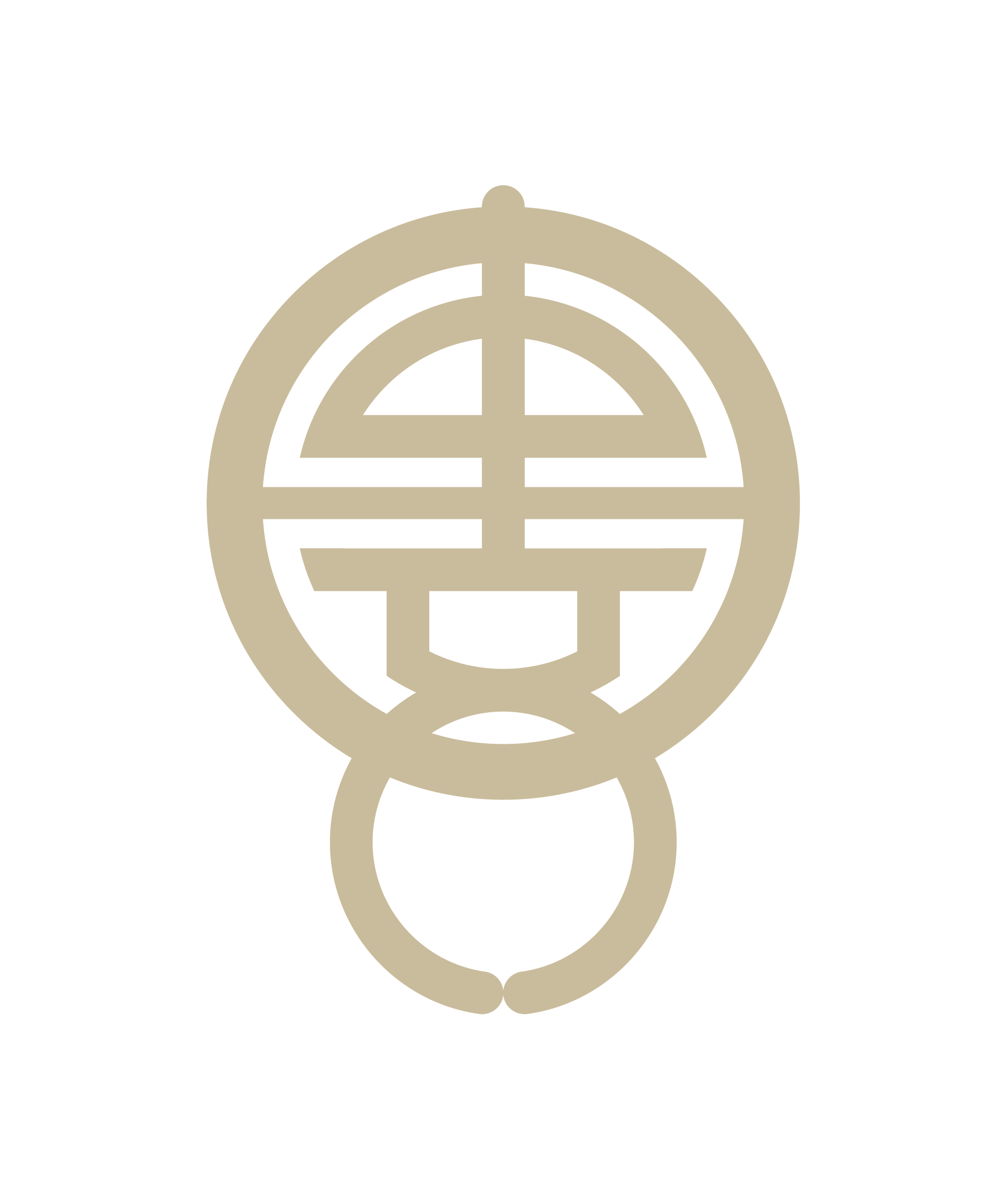不要說「鬼」這個字
Bú Yào Shūo「Guǐ」Zhè Ge Zì
Don't Say the Word "Guǐ "!
鬼月來了!鬼月來的時候,不能做什麼事情?不要說「鬼」這個字!
Guǐ yuè láile! Guǐ yuè lái de shíhòu, bù néng zuò shén me shì qíng? Bù yào shuō ”guǐ”zhè ge zì!
Ghost Month is coming! What can’t you do during Ghost Month? Don’t say the word “Guǐ “!
在鬼月的時候,大家說話會比較小心,如果我們想要討論鬼的時候,人們會用「好兄弟」來叫鬼,不會直接說「鬼」這個字,因為我們覺得這樣不禮貌,而且如果直接叫鬼,鬼可能會覺得我們在叫祂,不小心把祂找來。
Zài guǐ yuè de shí hòu, dà jiā shuō huà huì bǐ jiào xiǎo xīn, rú guǒ wǒ men xiǎng yào tǎo lùn guǐ de shí hòu, rén men huì yòng ”hǎo xiōng dì” lái jiào guǐ, bù huì zhí jiē shūo ”guǐ”’zhège zì, yīn wèi wǒ men jué de zhè yàng bù lǐ mào, ér qiě rú guǒ zhí jiē jiào guǐ, guǐ kě néng huì jué de wǒ men zài jiào tā, bù xiǎo xīn bǎ tā zhǎo lái.
During the ghost month, people will talk more carefully. If we want to discuss ghosts, people will use “Hǎo Xiōng Dì (good brothers)” to call ghosts instead of directly saying the word “Guǐ “. We think it’s impolite, Besides, if you say the ghost word directly, the ghosts may think that we are trying to call, then they will come to find you.
除了「鬼」,我們也不會說「死」這個字,因為大家覺得說了「死」,會不小心變成真的,也害怕鬼會聽見,所以我們會說,「祂走了」或是「祂離開了」,我們不說「祂死了」。
Chú le ”guǐ”, wǒ men yě bù huì shuō ”sǐ” zhè ge zì, yīn wèi dà jiā jué de shuō le ”sǐ”, huì bù xiǎo xīn biàn chéng zhēn de, yě hài pà guǐ huì tīng jiàn, suǒ yǐ wǒ men huì shuō ”tā zǒu le” huò shì ”tā lí kāi le”, wǒ men bù shuō ”tā sǐ le”.
Except for the “Guǐ”, we also avoid saying the word ” Sǐ (death)” because people think that if you say the word ” Sǐ “, it might accidentally come true. Therefore, we are afraid that the ghost will hear it, so we will say, “He is gone” or “He has left” instead, but we don’t say “Tā sǐ le.” (He is dead).
在鬼月,我們說話要非常小心,因為你不知道鬼在哪裡,祂如果聽見就不好了。
Zài guǐ yuè, wǒ men shuō huà yào fēi cháng xiǎo xīn, yīn wèi nǐ bù zhī dào guǐ zài nǎ lǐ, tā rú guǒ tīng jiàn jiù bù hǎo le.
During the ghost month, we have to speak carefully, because you don’t know where the ghosts are. If they hear you, it will be bad.
Vocabulary
事情shìqíng – thing
討論 tǎolùn – discuss
用 yòng – use
直接 zhíjiē – directly
禮貌 lǐmào – polite
祂 tā – it(for gods, ghost or someone dead)
可能 kěnéng – maybe
變成 biànchéng – change; to become
聽見 tīngjiàn – hear it
Grammar
-而且 érqiě furthermore
而且如果直接叫鬼,鬼可能會覺得我們在叫祂。
-能 néng capability
鬼月來的時候,不能做什麼事情?
-Possibility 會 huì
因為大家覺得說了「死」,會不小心變成真的。

